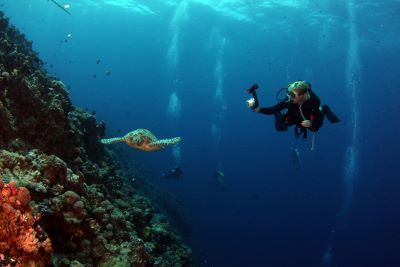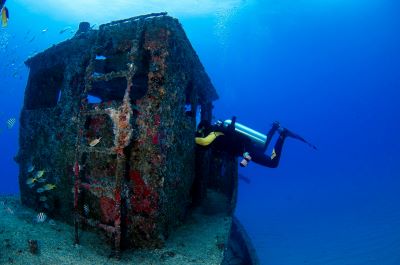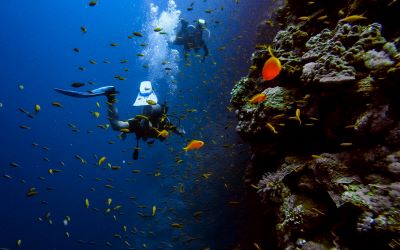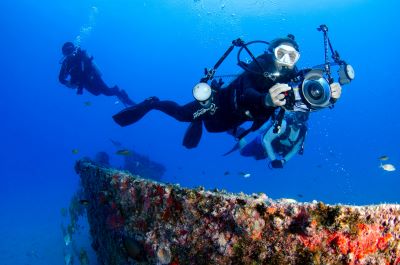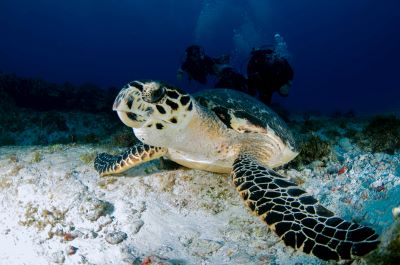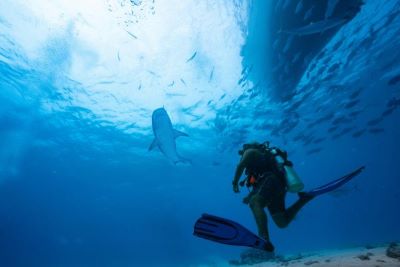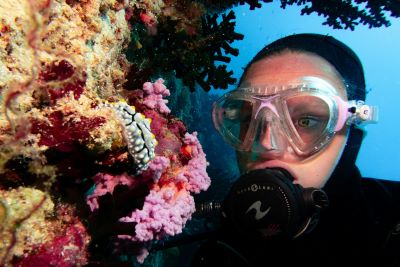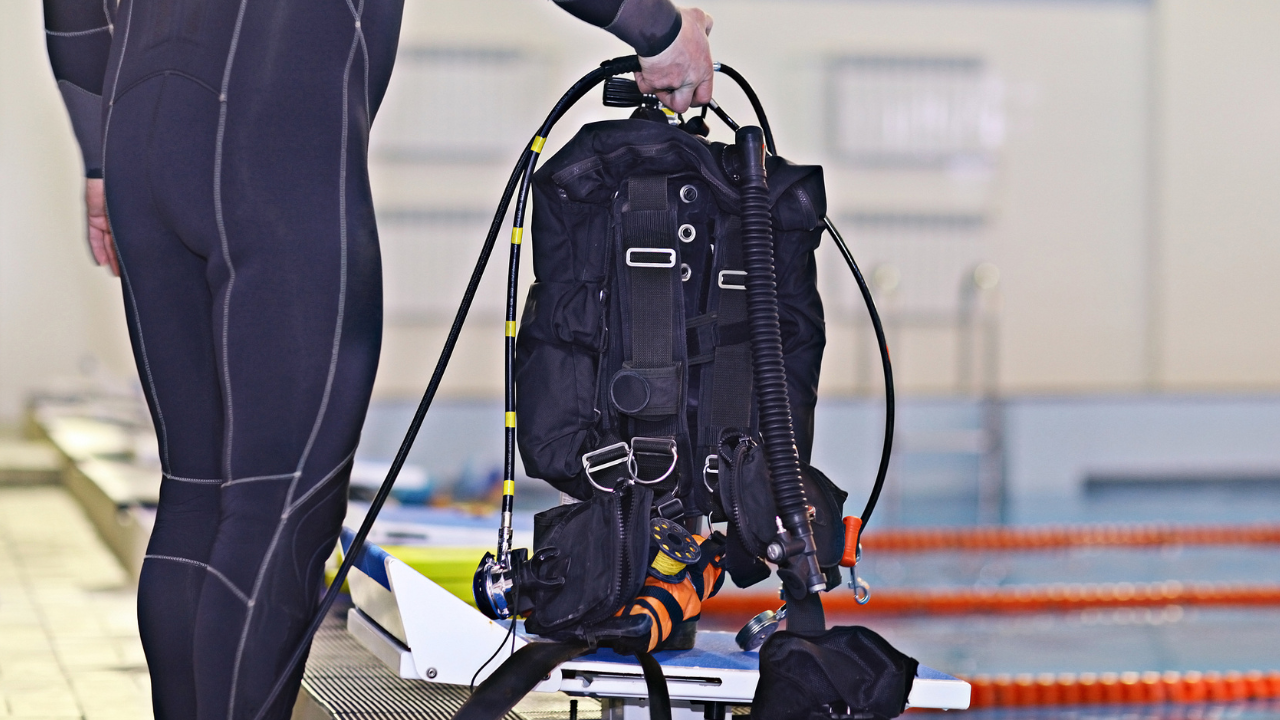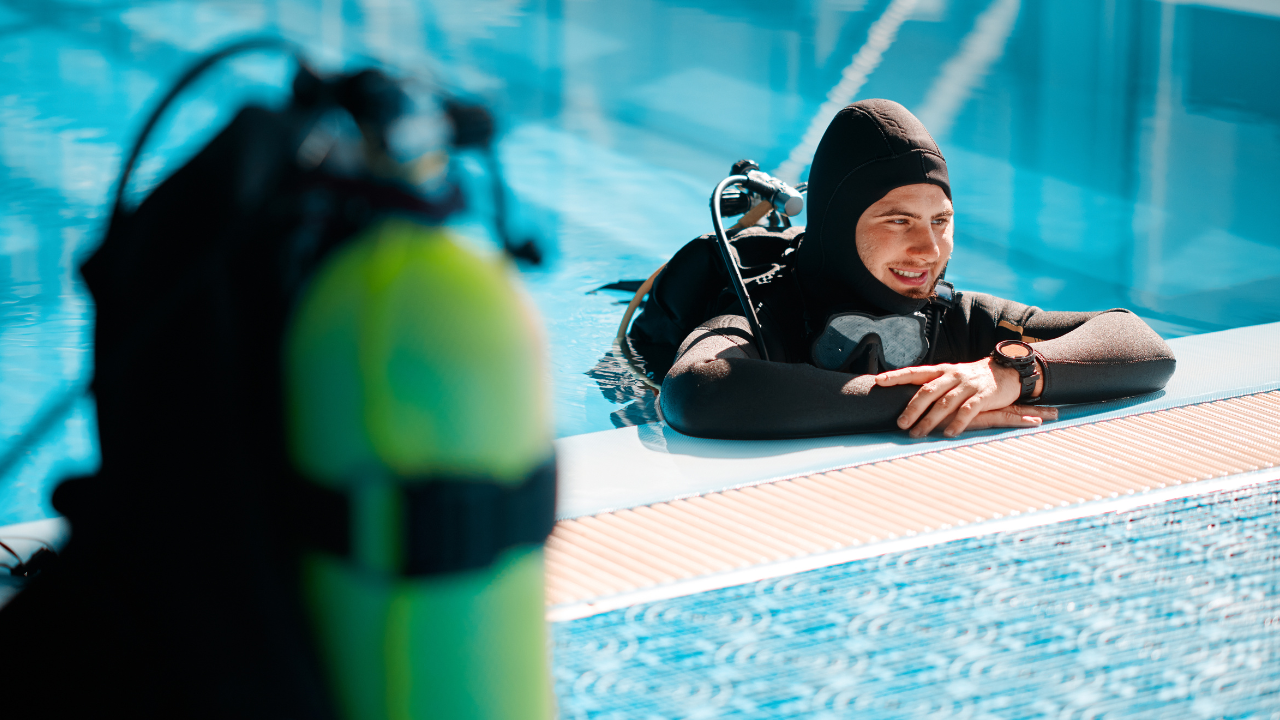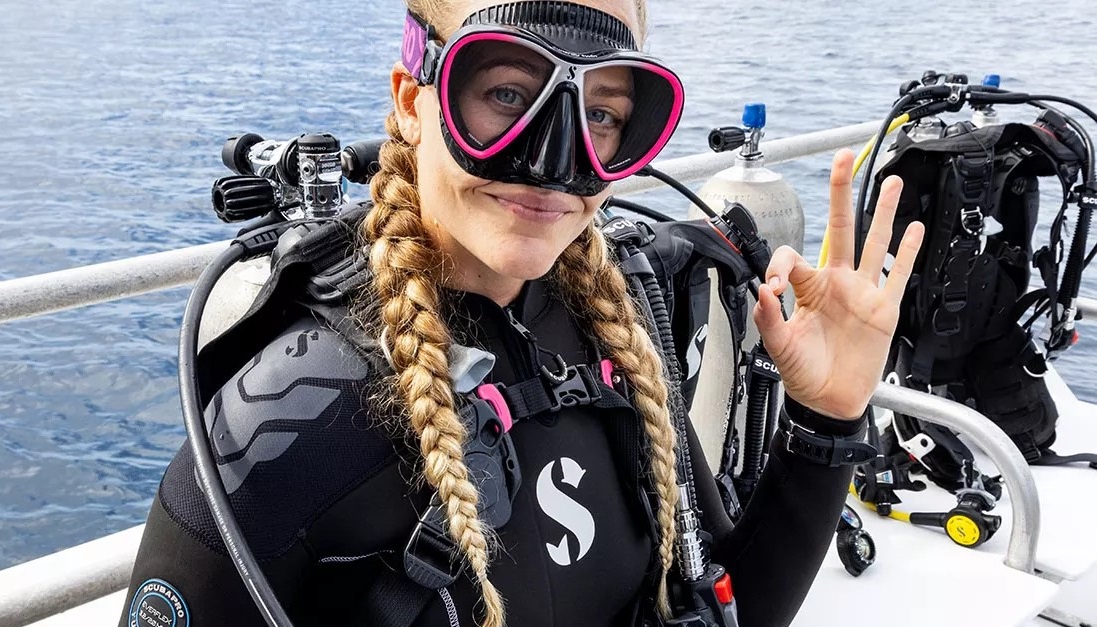What is Diving?
Diving is not just an activity, it is an experience that connects you with an underwater universe full of wonders. On this website, we offer you the opportunity to learn how to dive, whatever your level or experience. From the first steps in the underwater world to advanced underwater exploration techniques, here you will find all the information you need to start your adventure.
Types of Diving Courses
There are different ways to learn to dive, depending on your level and what you want to explore underwater. From introductory programs for those who have never submerged their head, to more specialized training for experienced divers. You will find course names such as Open Water for beginners, Advanced for those who want to deepen their skills, and even professional certifications for those who see diving as more than a passion, a profession.
Where to Take the Courses
Diving is a global activity and you can find courses almost anywhere in the world, but there are destinations that stand out for the beauty of their seabeds and the perfect conditions for learning. Places like Egypt, Mexico, Thailand, Indonesia, and Costa Rica are known for their warm, crystal-clear waters, ideal for beginners. You can also find exciting adventures in Brazil or Colombia, countries full of marine biodiversity. In Europe, the Mediterranean also offers key points for those looking to train in diving while enjoying unique landscapes.
What you need to learn to dive
Before you dive into the world of diving, there are certain basic requirements you must meet. Good health is essential, as diving is both physically and mentally demanding. The minimum age for most courses is usually 10 years old, although this can vary depending on the certification. It is also important to feel comfortable in the water and be prepared to learn about diving equipment, buoyancy and underwater safety.
Requirements and Safety
Safety comes first in diving. As well as being in good health, you will need to complete certain training on breathing techniques, buoyancy control and equipment handling. It is also essential that you learn how to communicate underwater using hand signals. All of this is covered in the different training programmes, so you can enjoy every dive with confidence.
Food and Health in Diving
To enjoy a safe experience underwater, it is important to be in good general health and to be well hydrated. Diving can be physically demanding, so having a balanced diet is key to staying fit before and after your dives. You will also learn about the importance of avoiding alcohol and medications before diving, as they can affect your performance underwater.
Profession and Passion
Diving can start as a hobby and develop into a lifelong passion. For some, it even becomes a career. Certifications are available for those who want to work as diving instructors or guides in tourist destinations. Training in this field will open the door to an exciting career, where the office is the ocean and every day is a new adventure.
Conservation and Responsibility
Being a diver also means being aware of the impact we have on the oceans. During the courses, you will not only learn to enjoy diving, but also to be a responsible diver, who respects and protects marine environments. You will learn practices that reduce environmental impact and learn the importance of preserving underwater ecosystems.
Images that speak for themselves
The underwater world is full of colors and shapes that seem to be from another planet. By exploring our image gallery, you will be able to marvel at the beauty of coral reefs, multicolored fish species, and underwater landscapes. Diving is much more than just an activity, it is an opportunity to discover unique ecosystems and enjoy an incomparable visual spectacle.
